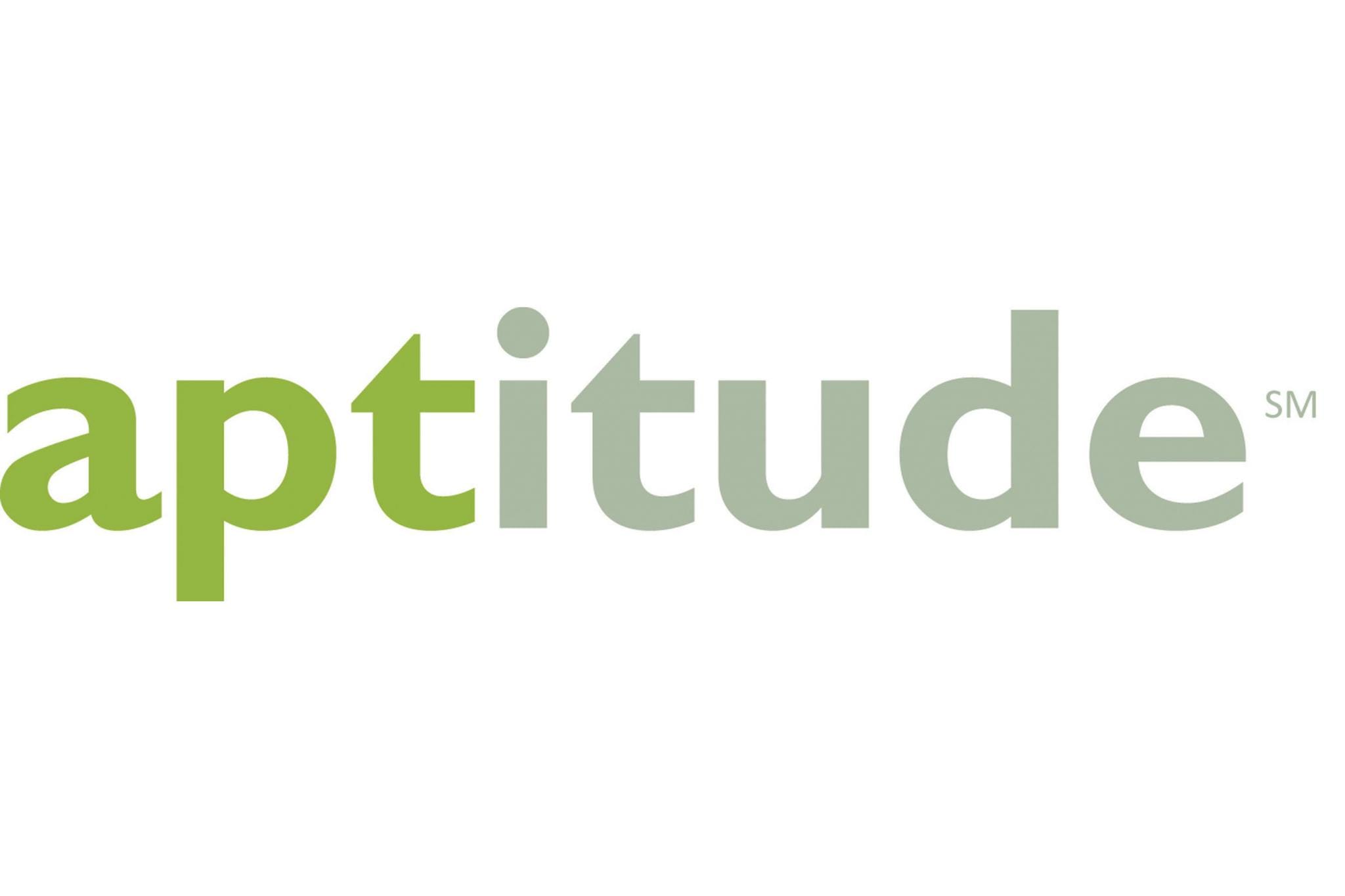Have you ever found yourself breezing through a task while others struggle, or perhaps marveling at someone’s seemingly effortless mastery of a skill? These “hidden superpowers” often boil down to aptitudes – your innate potential for specific skills. This guide explores the world of aptitudes: what they are, why they matter, their various types, and how to develop them to unlock your full potential. So, whether you’re exploring career options, pursuing personal growth, or simply curious about what makes you tick, this guide is your key to self-discovery. Let’s dive in!
What are Aptitudes and Why Do They Matter?
Aptitude is your inherent capacity to learn and excel in certain areas, the raw potential waiting to be shaped and honed. It’s the seed of a skill, not the fully bloomed flower. While often confused with intelligence, aptitude encompasses a broader range of abilities – from physical dexterity and artistic flair to social skills and, yes, cognitive abilities like logical reasoning (which IQ tests primarily measure).
So, why does understanding your aptitudes matter? It’s like having a personalized roadmap for life. Research suggests that aligning your career with your natural talents likely leads to greater job satisfaction and success. Aptitudes also inform effective learning strategies and fuel personal growth by guiding you toward pursuits that resonate with your inherent strengths. Imagine a career that feels less like work and more like an extension of who you are – that’s the potential of understanding your aptitudes.
Aptitude vs. Skill: Untapped Potential vs. Honed Ability
While interconnected, aptitude and skill are distinct concepts. Aptitude is the natural seed of potential, while skill is the cultivated flower, blooming through dedicated practice and experience. Someone with a natural aptitude for music may have a “good ear,” but consistent practice transforms this potential into the skill of playing an instrument beautifully. Think of it as a feedback loop: aptitude facilitates skill development, and skill development reinforces aptitude.
This distinction has practical implications. Recognizing your aptitudes empowers you to tailor your learning approach. For instance, a visual learner (often linked to spatial reasoning aptitude) might benefit from diagrams and mind maps. Aligning skill development with natural strengths maximizes your potential. This doesn’t mean neglecting areas outside your comfort zone; exploring new skills is crucial for growth. However, understanding your aptitudes provides a powerful foundation.
[https://www.lolaapp.com/edgewater-candles]
Exploring the Spectrum of Aptitudes
Aptitudes are diverse, much like a rainbow of talents. While some individuals may excel in a specific area, others possess a mix. Here are some key categories:
Linguistic (Wordsmith): A natural affinity for language, evident in storytelling, debating, or language learning. Potential career paths: journalism, writing, translating, public speaking.
STEM (Science, Technology, Engineering, and Math): Fascination with how things work, enjoying problem-solving, experimentation, and building. Careers: engineering, programming, research, data analysis.
Artistic (Creative Spark): Expressing oneself through various artistic mediums, including music, painting, sculpting, and writing. Careers: graphic design, filmmaking, performing arts, creative writing.
Mechanical (Hands-On Helper): A knack for fixing things, understanding machines, and enjoying hands-on work. Careers: mechanics, engineering, construction, technical repair.
Physical/Kinesthetic (Natural Mover): Thriving in activities requiring physical skill and coordination. Careers: sports, dance, fitness instruction, physically demanding jobs (e.g., firefighting).
Organizational (Master Organizer): Enjoying planning, coordinating, and managing tasks and resources. Careers: project management, event planning, administration, entrepreneurship.
Spatial Reasoning (Spatial Navigator): Visualizing objects in 3D, possessing a good sense of direction. Careers: architecture, piloting, surgery, graphic design.
Logical/Analytical (Logical Thinker): Enjoying problem-solving, analyzing data, and critical thinking. Careers: law, research, detective work, programming.
This isn’t an exhaustive list. Human potential is vast, and the interplay between aptitudes can create unique strengths.
[https://www.lolaapp.com/bamboo-jammies]
From Potential to Proficiency: Nurturing Your Aptitudes
Identifying your aptitudes is just the first step. While innate, they aren’t fixed; they can be nurtured and strengthened like any skill. Self-reflection – noticing what comes naturally and what you enjoy – is a good starting point. Aptitude tests, available online and through career counseling, can provide further insight, revealing strengths you might not have recognized.
Developing aptitudes requires active cultivation. Targeted practice in areas of strength is essential. Mentorship and guidance from experts can accelerate the process. Embracing continuous learning and a growth mindset helps expand and refine aptitudes throughout life. It’s a journey of ongoing self-discovery, maximizing your potential and leading to a more fulfilling life.
Aptitudes in the Real World: Navigating a Changing Landscape
In today’s dynamic world, adaptability is paramount. Aptitudes are not just about what you currently know, but also about your capacity to learn and adapt quickly. This is especially relevant in the age of AI, where certain aptitudes are becoming increasingly valuable. Some experts believe traditional aptitude tests may not capture the full picture of human potential. Factors like motivation, mindset, and social-emotional intelligence also play significant roles. Ongoing research continues to explore the complex interplay of nature and nurture in shaping our abilities.
This guide has provided a comprehensive overview of aptitudes – from their definition and types to their practical applications and development. By understanding and nurturing your aptitudes, you’re not just unlocking your potential; you’re equipping yourself to navigate the evolving landscape of work, learning, and personal growth. Remember, the journey of self-discovery is ongoing, and embracing your unique blend of aptitudes is a key to a more fulfilling and successful life.
- Crypto Quotes’ Red Flags: Avoid Costly Mistakes - June 30, 2025
- Unlock Inspirational Crypto Quotes: Future Predictions - June 30, 2025
- Famous Bitcoin Quotes: A Deep Dive into Crypto’s History - June 30, 2025
















